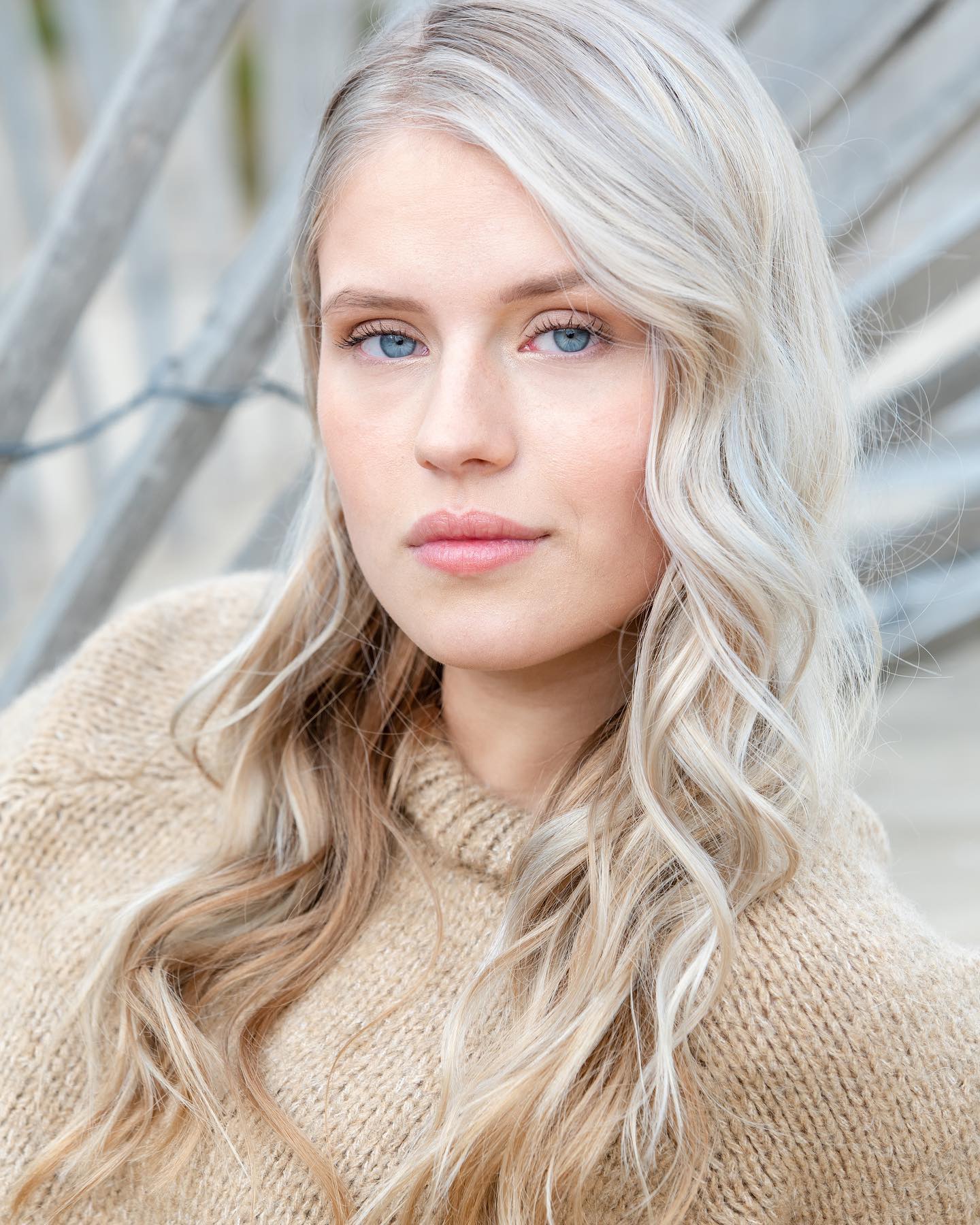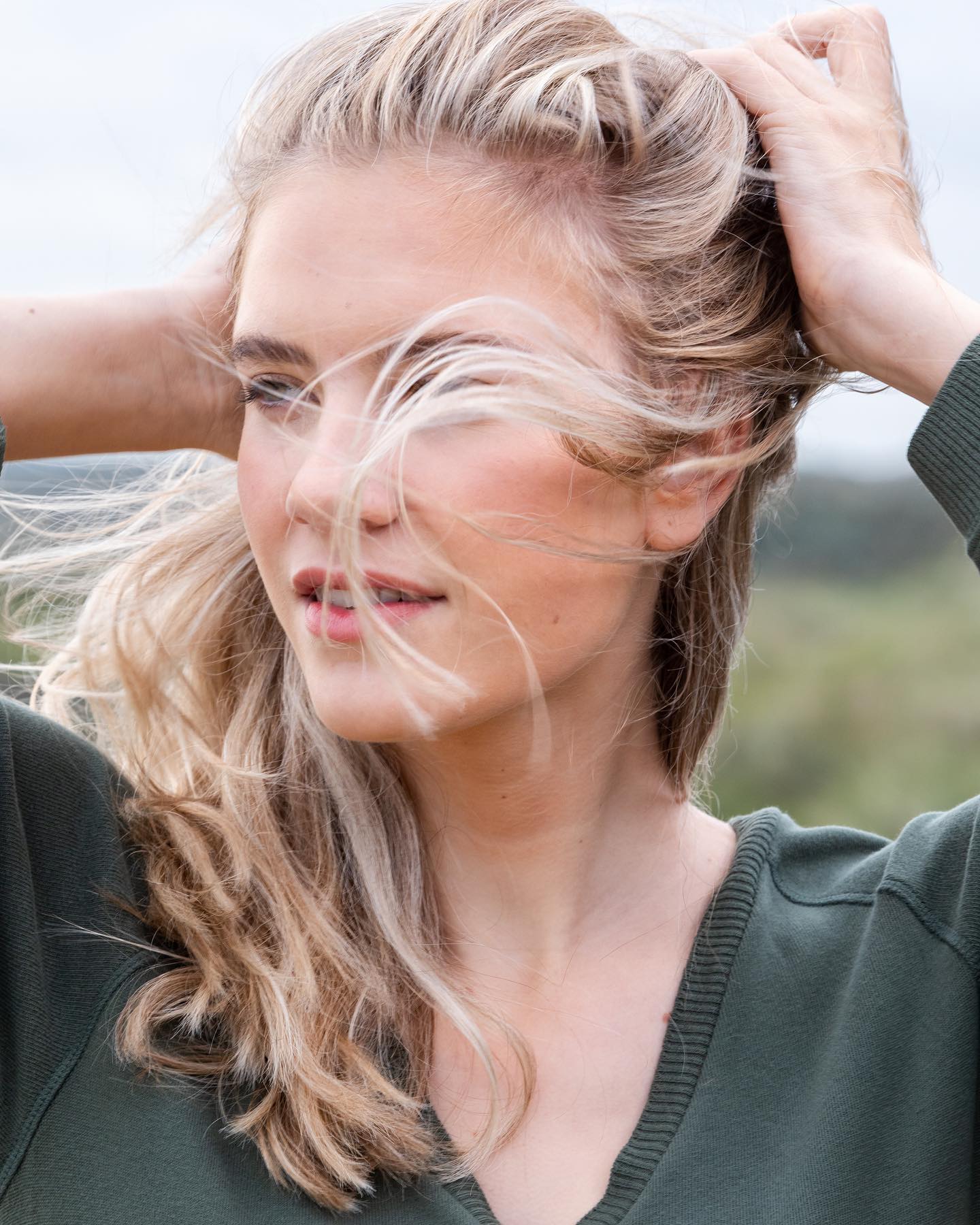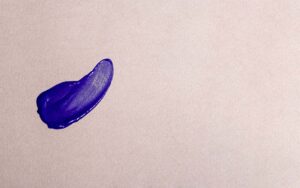Introduction to hair lightening without bleaching
Many people are looking to lighten their hair to achieve a brighter, fresher look, especially with the arrival of summer. However, chemical bleaching can cause significant damage to hair, leaving it dry, brittle and dull. Fortunately, there are several natural ways to lighten hair without resorting to bleaching. This article will guide you through effective, gentle techniques to achieve lighter hair in a healthy, natural way.
Why lighten your hair?
The disadvantages of bleaching
- Damaged hair Bleaching products generally contain ammonia and peroxide, which can weaken hair structure and make it brittle.
- Loss of gloss Bleaching can strip hair of its natural oil layer, leaving it dry and lackluster.
- Scalp irritation Chemicals can also irritate the scalp, causing itching and redness.
- Costly maintenance Maintaining discoloration requires frequent touch-ups, which can be costly in the long run.
The advantages of natural lightening methods
- Preserving healthy hair Natural methods don't damage hair, and preserve its shine and texture.
- Fewer chemicals Using natural techniques limits exposure to harmful chemicals.
- Easy to make at home Most natural methods can be made with ingredients available in your kitchen, making them economical and practical.
- Environmentally friendly Natural ingredients are biodegradable and environmentally friendly.

Natural methods for lightening hair
Using honey and cider vinegar
Preparing the mixture
Honey is a natural ingredient that contains hydrogen peroxide, a natural lightening agent. By combining it with cider vinegar, you can create an effective hair-lightening mixture.
- Mix one tablespoon of honey with two tablespoons of cider vinegar.
- Add a few drops of water to obtain a liquid consistency.
- Leave the mixture to stand for about 30 minutes to activate the honey enzymes.
Application and expected results
- Apply the mixture evenly to your hair, concentrating on roots and ends.
- Cover your hair with a plastic shower or shower cap.
- Leave on for at least an hour, preferably overnight for best results.
- Rinse thoroughly and wash hair with a mild shampoo.
You'll notice a slight lightening after just a few applications. For significant results, repeat the treatment once a week.
Using chamomile
Preparing the chamomile rinse
Chamomile is known for its lightening properties and is often used as a natural alternative to chemical bleaching.
- Boil two cups of water and add four chamomile tea bags.
- Leave to infuse for 30 minutes, then remove the tea bags and leave to cool.
- Add the juice of a lemon to enhance the lightening effect.
Application and effects
- After washing your hair, use chamomile tea as a final rinse.
- Don't rinse your hair with clean water after applying chamomile; let it dry naturally.
- For a stronger effect, expose your hair to the sun for 30 minutes after application.
Regular use of chamomile can provide a subtle, natural lightening effect, especially for blond or light-brown hair.
Using lemon
How to use lemon to lighten hair?
Lemon juice is another natural agent well known for its lightening properties due to its high acidity.
- Squeeze the juice of two fresh lemons and mix with a cup of lukewarm water.
- Put the mixture in a spray bottle for easy application.
Precautions to be taken
- Spray the lemon juice mixture evenly over your hair.
- For best results, expose your hair to the sun for 1-2 hours after application.
- Rinse your hair well and apply a moisturizing conditioner, as the acidity of lemon can dry out hair.
Lemon juice can be a quick and effective way to lighten your hair, but it's important not to use it too frequently to avoid dryness and damage.
See also: How to bleach black hair?
Commercial products to lighten hair without bleaching
Lightening sprays
How to choose them?
Lightening sprays are very popular for their ease of use and ability to produce fast results. Here are some tips for choosing the right lightening spray:
- Natural ingredients Choose sprays containing natural ingredients such as chamomile, lemon or honey.
- Ammonia-free Make sure the product does not contain ammonia, a harsh chemical that can damage hair.
- Recognized brands : Choose well-established brands and read user reviews to guarantee product quality.
- UV protection Some sprays include UV protection, which is a plus for protecting your hair from sun damage.
Instructions for use
Correct use of lightening sprays is crucial to achieving optimal results without damaging your hair:
- Clean hair Apply the spray to clean, damp hair for better absorption of the lightening ingredients.
- Uniformity Spray evenly over the entire head of hair, or just on the strands you wish to lighten.
- Sun exposure To enhance the lightening effect, expose your hair to the sun for 30 minutes to an hour after application.
- Frequency Use the spray once or twice a week to avoid drying out your hair.
- Hydration Complete the treatment with a moisturizing mask or conditioner to prevent dryness.
Lightening shampoos and conditioners
How to use them for best results?
Lightening shampoos and conditioners are another option for those who prefer a gentler, more gradual approach:
- Lightening components Look for products containing natural ingredients such as chamomile, lemon or honey, which are known for their lightening properties.
- Regular routine Incorporate lightening shampoo and conditioner into your regular hair routine for gradual results.
- Break time Leave shampoo and conditioner on for a few minutes before rinsing to maximize the lightening effect.
- Complementarity Use hair serums or oils enriched with lightening ingredients to enhance the effect.
Choice and precautions
Choosing the right shampoo or conditioner is essential to guarantee results without damaging your hair:
- Sulfate-free Sulfates can dry out hair and irritate the scalp, so it's best to choose sulfate-free products.
- Trust marks Look for reputable brands that use high-quality ingredients and gentle formulations.
- Alternance Alternate the use of lightening shampoos and conditioners with moisturizing products to maintain moisture balance.
- Sensitivity test Before using a new product, try it on a small section of hair to check for allergic reactions.
- Hydration Complete your skincare routine with nourishing masks and oils to prevent dryness.
Using off-the-shelf products to lighten your hair without bleaching can be a quick and easy solution.

FAQ and conclusion
FAQ about hair lightening without bleaching
Do all natural methods work for all hair types?
Natural methods can vary in effectiveness depending on hair type and base color. For example, blond and light-brown hair is more likely to show visible results than dark hair.
How long does it take to see results with natural methods?
The results of natural methods appear gradually and may take several weeks of regular application to become visible. It is important to be patient and to continue the treatment to obtain the desired results.
Do lightening sprays damage the hair?
Lightening sprays may contain chemical components, but those based on natural ingredients such as chamomile and lemon are less aggressive. Nevertheless, we recommend using them with care and moisturizing hair regularly.
Can I use several methods at the same time to speed up results?
Combining several methods can be a good idea to potentiate the lightening effect. For example, using lemon juice in combination with chamomile rinses can offer better results. However, make sure that all the methods you choose are gentle on your hair.
Are there any contraindications to using natural products?
Natural products are generally safe, but some people may be allergic to ingredients such as honey or lemon. It is advisable to perform a sensitivity test before applying anything to the entire head of hair.
Conclusion
In short, lightening hair without resorting to chemical bleaching is entirely possible thanks to natural methods and commercially available products specifically formulated to be gentle on the hair. Using ingredients such as honey, cider vinegar, chamomile or lemon offers a healthy, economical and environmentally-friendly alternative. Commercial products, such as lightening sprays and shampoos, can also be effective options if chosen wisely and used correctly. Whether you opt for natural methods or commercial products, the most important thing is to aim to preserve the health and beauty of your hair while achieving the lightening you desire.





